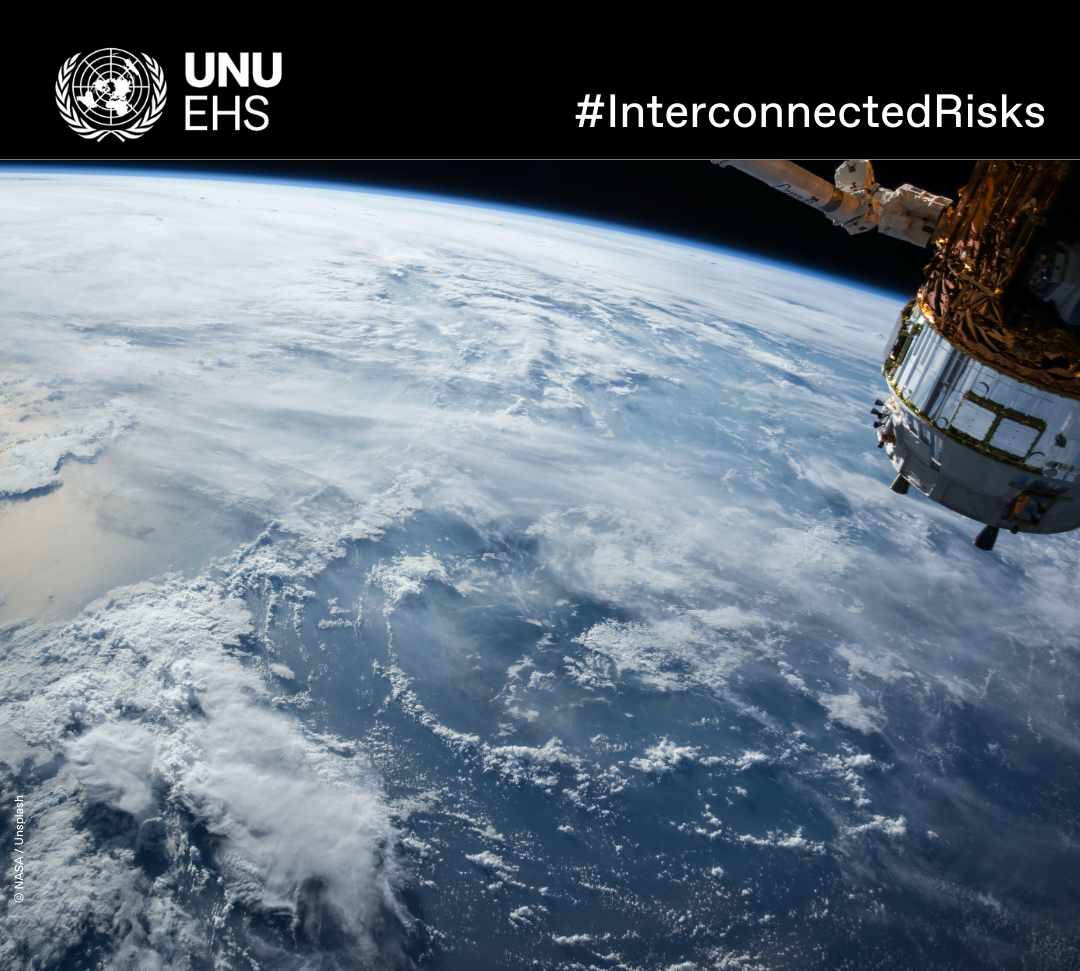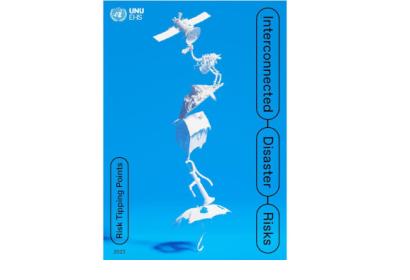The United Nations University with its Institute for Environmental and Human Security (UNU-EHS) published the Interconnected Disaster Risks Report 2023. The report paints a bleak picture of a world hurtling towards critical "risk tipping points." These points signify thresholds where essential systems, like water and food supplies, face potential collapse, leading to catastrophic consequences, while human activities are accelerating these changes.
The report identifies six interconnected risk tipping points:
- Accelerating Extinctions: Ecosystem collapse triggering a chain reaction.
- Groundwater Depletion: Draining water resources, risking global food supply.
- Mountain Glaciers Melting: Rapid loss posing threats to water sources.
- Space Debris: Increasing debris jeopardizing satellite communication.
- Unbearable Heat: Escalating temperatures making regions uninhabitable.
- Uninsurable Future: Rising disaster risks rendering insurance unaffordable.
These tipping points, interconnected and driven by human actions, pose a threat that extends beyond local domains. Once crossed, these points could lead to irreversible changes.
The report advocates a new framework for solutions: Avoid-Delay, Avoid-Transform, Adapt-Delay, and Adapt-Transform. Avoid solutions target root causes to prevent tipping points, while Adapt solutions prepare societies for inevitable changes. Within these, Delay actions slow down progression, whereas Transform actions necessitate a fundamental system overhaul.
The report stresses five transformative changes: embracing zero waste, reconnecting with nature, global cooperation, future-focused decisions, and shifting from growth-centric to well-being-focused economies. It emphasizes the power of collective action, urging humanity to act now and shape a sustainable future.

In the face of looming interconnected disaster risks, satellite technologies emerge as indispensable tools. Satellites, with their vantage point from space, offer crucial insights into our changing world. They can monitor the accelerating impacts of climate change, track the depletion of vital resources like groundwater, and provide early warnings for natural disasters, including heatwaves and glacial melt. Additionally, satellites help address the "Space Debris" tipping point, enabling us to track and mitigate potentially hazardous debris, safeguarding our crucial satellite communication systems. By leveraging satellite data, scientists and policymakers gain a deeper understanding of these tipping points, enabling informed decisions and proactive measures. Moreover, satellite technology aids global cooperation by facilitating real-time information sharing among nations, fostering collaboration to tackle these challenges collectively. As outlined in the Interconnected Disaster Risks report, integrating and advancing satellite technologies is not just an option; it's a necessity to navigate our way towards a sustainable and resilient future.

